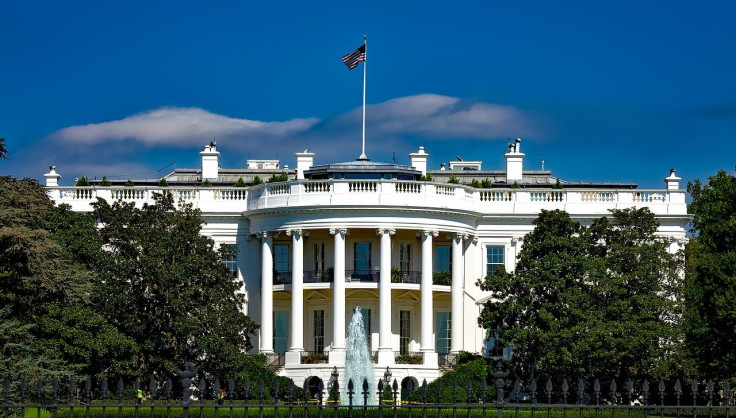Warm Weather Will Not Drive Away Coronavirus, Experts Tell The White House

KEY POINTS
- Experts relayed an important message to the White House regarding coronavirus and warm weather
- There are no conclusive findings that warm weather will slow down the spread of the deadly virus
- They recommend continuing measures like social distancing to minimize the spread
Members of a committee with the National Academy of Sciences have sent a letter to the White House informing government officials about what science can tell about the coronavirus so far. As to whether the virus spreads slower during summer or just as easily during the winter season, they say their data and studies show mixed findings.
Federal officials are expressing hopes that warmer weather will drive the pandemic away. Even President Trump, himself, has espoused this sentiment. The National Academy of Sciences, however, has made a sobering statement that there is no scientific proof that concludes with all certainty the assertions made about warm weather and coronavirus.
A Serious Letter
According to the letter, while there is evidence suggesting coronavirus transmission is less efficient in environments with higher humidity and ambient temperature, there are no conclusive findings of the same. Part of the letter stated, There is some evidence to suggest that [coronavirus] may transmit less efficiently in environments with higher ambient temperature and humidity; however, given the lack of host immunity globally, this reduction in transmission efficiency may not lead to a significant reduction in disease spread without the concomitant adoption of major public health interventions.”
The letter also noted, for instance, that an examination of the outbreak in mainland China revealed that even under extreme temperature and humidity settings, the virus still spread exponentially. What is worse is that every person infected spreads it to almost two other persons on the average.
Weather May Contribute
According to Dr. William Schaffner, while some remain hopeful that the weather will somehow help reduce coronavirus transmission, they must not rely on such alone. He said, “We have to continue to employ social distancing and other measures to reduce transmission.” Dr. Schaffner is an infectious disease expert at Vanderbilt University Medical Center. He is not a member of the NAS committee that sent the letter.
Dr. Schaffner understands that President Trump is trying to cheer everyone up by walking on the sunny side of the street. The letter from NAS brings everyone back to the reality that “springtime is likely not going to be a total solution.”
© Copyright IBTimes 2025. All rights reserved.





















